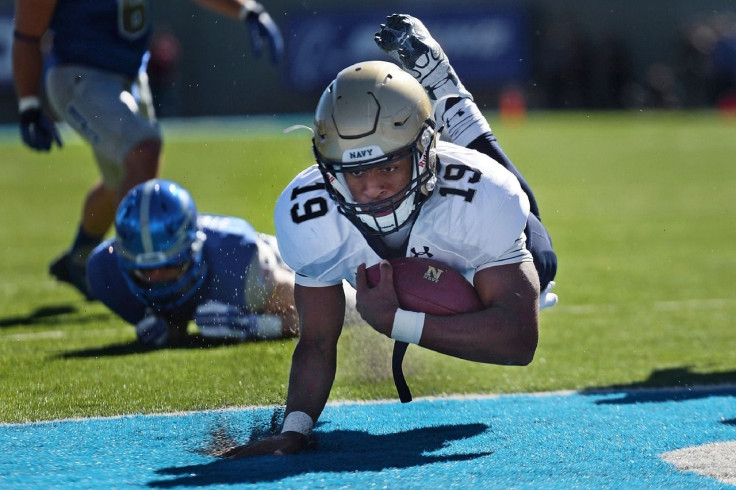Concussion Recovery: Cognitive And Physical Rest Is ‘Critical’ After Traumatic Brain Injury

Patients should give themselves ample time to rest after a concussion, the most common type of traumatic brain injury, a new study argues.
Conducted at Georgetown University Medical Center (GUMC), the study states that more than a day's rest is “critical” to allow the brain to recover and rebalance itself by rehabilitating neural networks. Not resting, meanwhile, may result in potential brain damage and inflammation that can last for over a year after injury. The study was done in mice, but the researchers believe its implications can be linked to humans.
“It is good news that the brain can recover from a hit if given enough time to rest and recover,” Mark Burns, assistant professor of neuroscience at GUMC, director of the Laboratory for Brain Injury and Dementia, and an author of the study, said in the press release. “But on the flip side, we find that the brain does not undertake this rebalancing when impacts come too close together.”
In the study, the researchers gave the mice repetitive and mild concussions. For some mice, one single concussion was administered daily over the course of 30 days, and others were given a weekly concussion for 30 weeks. When the mice were hit with a single blow, they lost 10-15 percent of neuronal connections in their brains — but didn’t see any brain inflammation or damage. If the mice rested for three days, all of the neuronal connections restored.
“The findings mirror what has been observed about such damage in humans years after a brain injury, especially among athletes,” Burns said in the press release. “Studies have shown that almost all people with single concussions spontaneously recover, but athletes who play contact sports are much more susceptible to lasting brain damage. These findings help fill in the picture of how and when concussions and mild head trauma can lead to sustained brain damage.”
Typically, concussions (which are highly common among football players and other contact sport players), involve headache, loss of memory, dizziness, nausea, slurred speech, or fatigue. Stimulating the brain either through mental or physical activity would worsen these symptoms and prevent recovery; at least that’s what doctors have always thought. Doctors will typically prescribe football players prolonged rest and limited movement, as well as ask them to stay away from electronics or homework.
However, recently specialists have begun questioning the prolonged rest approach, arguing that it’s “counterproductive.” Limiting a normally active person could result in depression, a risky venture since concussions are already associated with depression and anxiety. Similarly to how people recovering from mono are told to move around a little more every day rather than staying bedridden to help jumpstart energy, a group of specialists recently announced at a conference that prolonged rest after concussion may not be the magic key.
“People may underestimate the impact of this, but on a global basis, every single person who sustains a concussion is told prolonged rest,” Dr. David Okonkwo of the University of Pittsburgh Medical Center said at the conference. “Now, you have 37 of the best and brightest minds in the field saying, ‘That’s wrong,’ and, in fact, concussions are treatable and active treatments are superior to doing nothing.”
However, more research will need to be done to gauge whether rest or activity are the best treatments for concussions. For now, it appears that rest still remains the standard care.



























